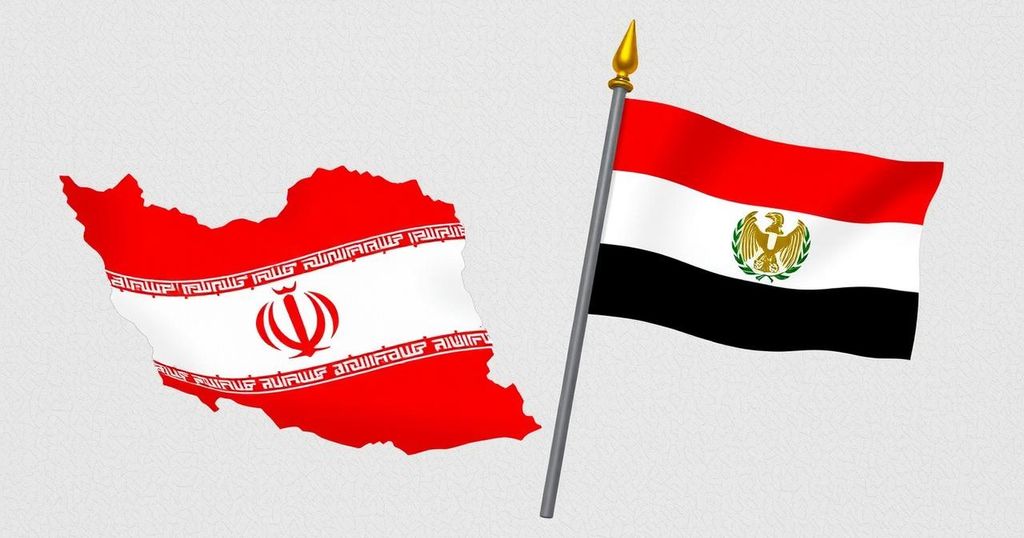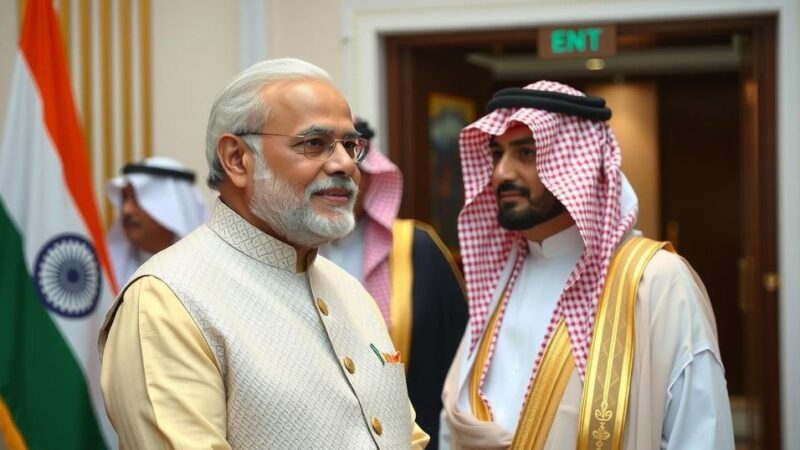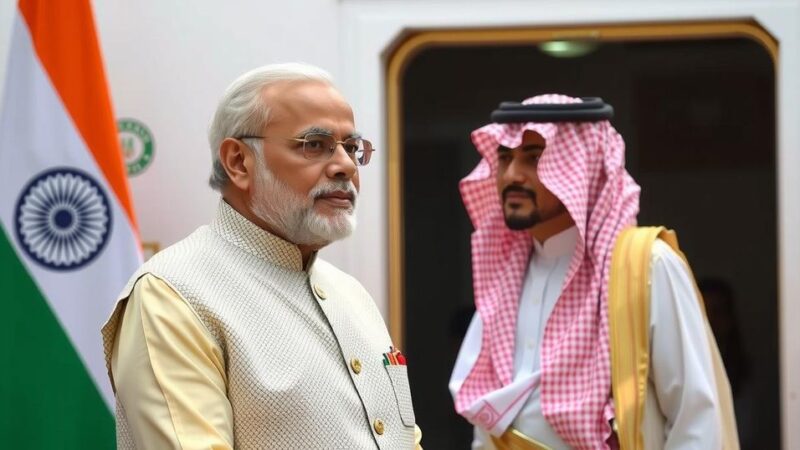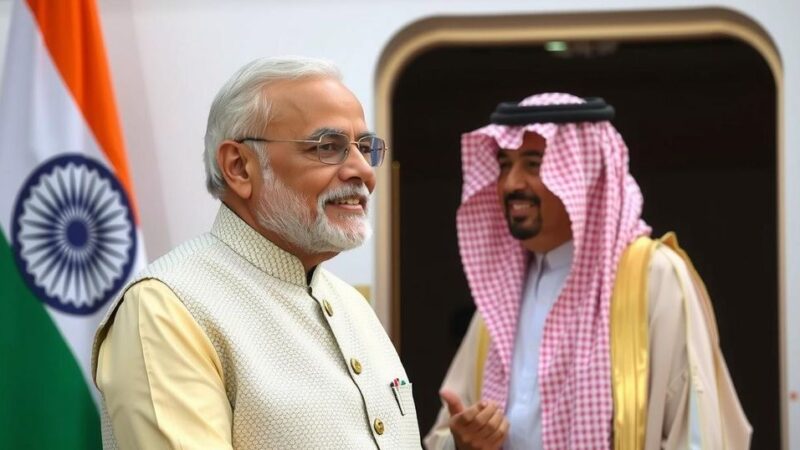Iranian President Masoud Pezeshkian’s visit to Cairo for the D-8 Summit represents a key milestone in Iran-Egypt relations after a decade of limited contact. Following decades of estrangement marked by the 1979 Islamic Revolution, the two nations are exploring the possibility of restoring full diplomatic ties amid shifting regional dynamics. Recent optimism from both sides suggests a potential thaw in relations.
The recent visit of Iranian President Masoud Pezeshkian to Cairo for the D-8 Organization for Economic Cooperation Summit marks a pivotal moment in the historically strained Iran-Egypt relations. This visit, the first by a senior Iranian official in 11 years, has sparked optimism amidst a backdrop of diplomatic challenges that date back to the 1979 Islamic Revolution. Since that time, despite some limited resumption of communications, full diplomatic relations have been elusive.
Iran and Egypt’s diplomatic relations can be categorized into phases: pre-revolution and post-revolution. Initially, during the pre-revolutionary period, under the Shah, Iran maintained a pro-Western stance that positioned it as an ally of the United States and Israel, which soured relations with Egypt, particularly after the rise of Arab nationalism under leaders like Gamal Abdel Nasser. Nasser’s pan-Arabism threatened the Shah’s regime, leading to the severance of diplomatic ties in 1950 due to Iran’s recognition of Israel.
The overthrow of Nasser and the subsequent rise of Anwar Sadat opened a window for rapprochement. Egypt received substantial financial aid from Iran in the 1970s, climaxing with the Sinai Agreement and Camp David Accords. However, the Islamic Revolution of 1979 severely impacted these improving relations, as Iran turned its focus towards supporting Palestinian causes and resisted Western influences, aligning differently from Egypt’s strategy under Sadat.
Throughout the 1980s and 1990s, the Iran-Iraq War and shifting political alliances kept the divide between both nations wide. Notably, Egypt’s alignment with Iraq during the war further strained ties, but a gradual thaw began in the late 1990s under President Mohammad Khatami, with increased economic cooperation and official visits symbolizing a potential revival in relations. Despite this initial optimism, significant progress remained stymied due to entrenched political differences.
The years following the 2011 Egyptian Revolution saw fluctuating diplomatic gestures, including a historic visit by President Morsi to Tehran, yet the underlying asymmetries in their foreign policies continued to hinder substantial cooperation. Recent diplomatic engagements by Iranian officials indicate a renewed focus on strengthening ties under President Ebrahim Raisi, especially following the normalization of relations between Saudi Arabia and Iran, which has led to further discussions.
The desire to fully reinstate diplomatic channels has been reaffirmed by officials on both sides, with sentiments expressed by Iranian political vice president Mehdi Sanaei stating, “There is the necessary will on both sides to resume relations, and we hope that, with the steps that have been taken, we will reach the stage of reopening the embassies,” and Sameh Shoukry, Egypt’s Foreign Minister, affirming the importance of building strong foundations for future relations. This evolving dynamic suggests a cautiously optimistic era for Iran-Egypt relations, opening pathways for renewed cooperation after decades of estrangement.
Since the Islamic Revolution of 1979 in Iran, diplomatic relations with Egypt have been fraught with tension. Egypt’s strategic pivot towards Western alignment, particularly under Anwar Sadat, and its recognition of Israel further alienated it from Iran’s revolutionary ideology, which has consistently opposed Western intervention and supported Palestine. Various historical interactions, marked by periods of both cooperation and conflict, have shaped the current state of affairs, where both nations are now exploring avenues for improved relations amidst shifting regional dynamics.
The recent interactions between Iran and Egypt mark a significant, albeit tentative, shift in their historically antagonistic relationship. With renewed diplomatic engagement and intentions from both countries to restore formal ties, the stage appears to be set for a new chapter in their relations. However, navigating the complex historical grievances and divergent geopolitical objectives will be essential for achieving lasting cooperation. Observers remain cautiously hopeful that these developments can lead to a more constructive bilateral relationship.
Original Source: www.tehrantimes.com







